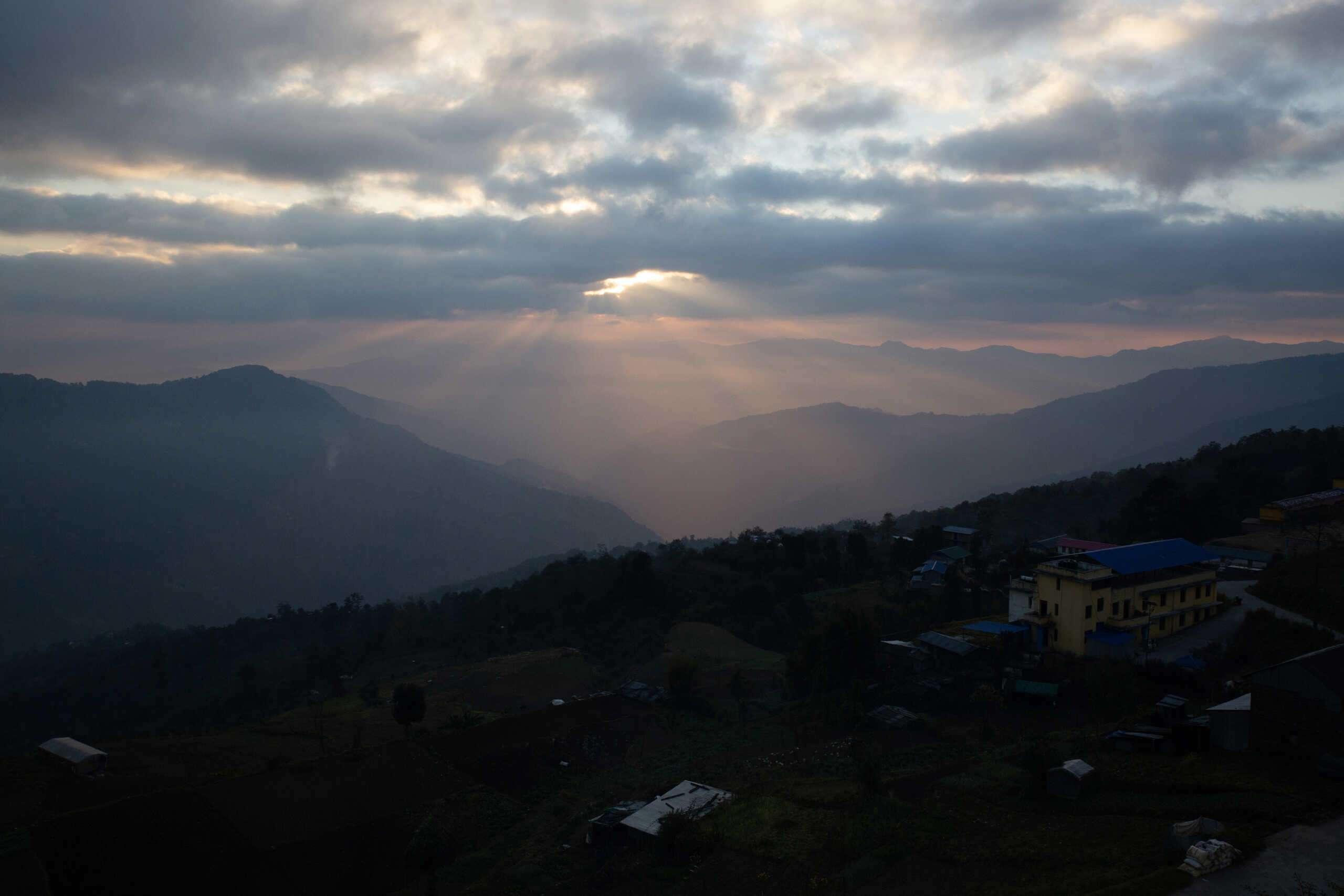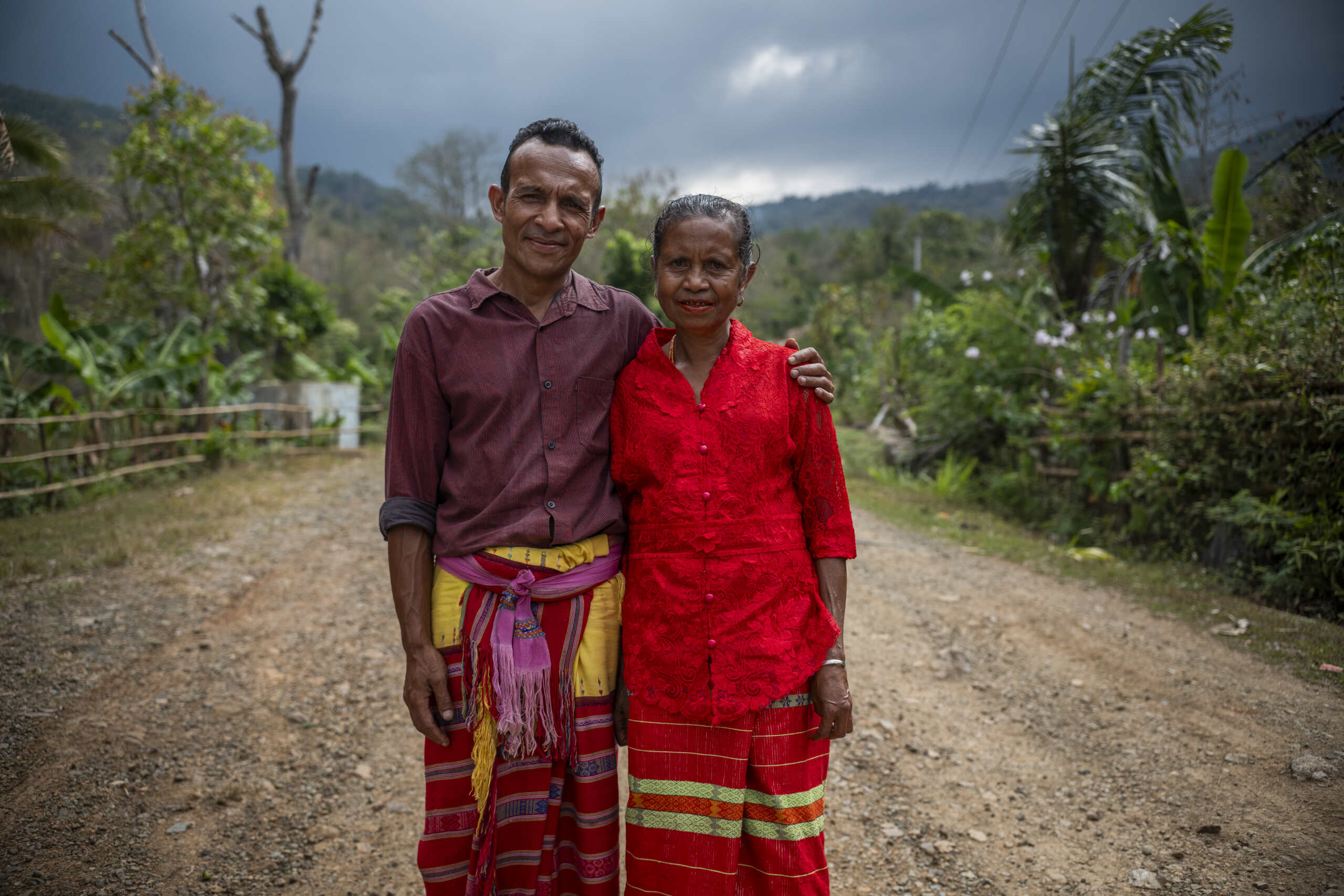Delivering a unique localised disability-inclusive humanitarian response
Pacific, Stories | June 25, 2024
Over the past decade, we have seen natural hazards and humanitarian emergencies increase in number, scale and duration, having considerable impact on the world’s most vulnerable people. CBM Australia plays a vital role in ensuring humanitarian action and disaster response includes people with disabilities – in our immediate region and globally.
Common experience reveals that people with disabilities are disproportionately affected during disasters. Not only are people with disabilities at higher risk of being excluded from activities that prepare communities for a disaster, they are also more susceptible to loss of life and livelihood when disaster hits. In 2013, a UN survey collected responses from over 5,000 people with disabilities from 137 countries, of which a staggering 85% respondents said they had never participated in community disaster management and risk reduction processes. For people with disabilities, this means they are less likely to know what action to take to protect themselves during an emergency.
While CBM’s humanitarian action may not look like your typical ‘boots on ground’ approach, it has proven to be every bit as effective. Through our involvement in the Australian Humanitarian Partnership (AHP) Disaster READY program, CBM has supported several Pacific island disabled people’s organisations (DPOs) to ensure they are confident, ready, and have the back-up they need to engage in humanitarian response. DPOs are local organisations run by people with disabilities that support and champion people with disabilities, so they are well placed to provide timely response and incorporate the valuable insights of their members.
CBM has also influenced other humanitarian actors to establish relationships with DPOs, to ensure people with disabilities are included in their disaster response and preparedness training. Knowing that DPOs often lack resourcing and staff capacity, CBM has helped to secure additional funding so they are not overwhelmed when called on by humanitarian agencies during a disaster.
Just last month, Tropical Cyclone Harold tore through a number of Pacific Island countries. Response and recovery is still happening now, several weeks after the disaster. With the most common communication messaging during the cyclone being delivered via radio and written news, blind and deaf people reported difficulty accessing vital information, including where to go to evacuate. After the cyclone hit, local DPOs coordinated an inclusive response that worked to mitigate barriers for people with disabilities, and connect with hard to reach communities. Through a collaborative effort, the Vanuatu Disability Promotion and Advocacy Association (VDPA) and the Vanuatu Society for People with Disabilities (VSPD) quickly mobilised to join post-disaster needs assessment teams, and conduct a data validation activity to check what help people with disabilities in affected areas needed. Financial support mobilised from the Vanuatu Skills Partnership made this important work possible. VDPA staff have been sharing this information with all the organisations that are responding, to make sure the cyclone response and recovery reaches everybody
CBM’s DPO partners in the Pacific are also playing a crucial role in providing an inclusive and accessible response to the current COVID-19 pandemic. DPOs are leading their own action to quickly distribute emergency food packages and hygiene supplies to their members to ensure basic needs continue to be met whilst people are unable to undertake their regular livelihood activities. DPOs are also sharing the lived experiences of people with disabilities, and helping to shape public health messaging so that they are disability inclusive.
CBM knows that local DPOs, particularly in countries like Vanuatu that routinely experience natural hazards, are well placed to respond with an inclusive lens. CBM’s role is to support our DPO colleagues with the capacity building and resources they need, to help them stand ready to support people with disabilities when a disaster hits. Through continuing to strengthen their efforts we can create a world where people with disabilities are no longer most vulnerable to being left behind.
Image: Nelly Caleb (right), who is co-Chair of Pacific Disability Forum (PDF) at the World Humanitarian Summit in 2016 in Istanbul. CBM worked with other organisations to develop the Charter on Inclusion of Persons with Disabilities in Humanitarian Action, which was launched at the summit. ©CBM
https://www.cbm.org.au/stories/localised-disability-inclusive-humanitarian-response
Related Stories

Building inclusive, climate resilient communities in Bangladesh
Highlights from DFAT Post’s visit In January 2026, representatives from the Australian High Commission in...

Week 1 – Lent series 2026
As we enter the season of Lent, we’re taking time as a community to pause, reflect, and draw closer to the heart of God. Lent invites...

How CBM is making a difference in Indonesia
For more than 45 years, CBM Global has been working alongside communities in Indonesia to ensure people with disabilities...
